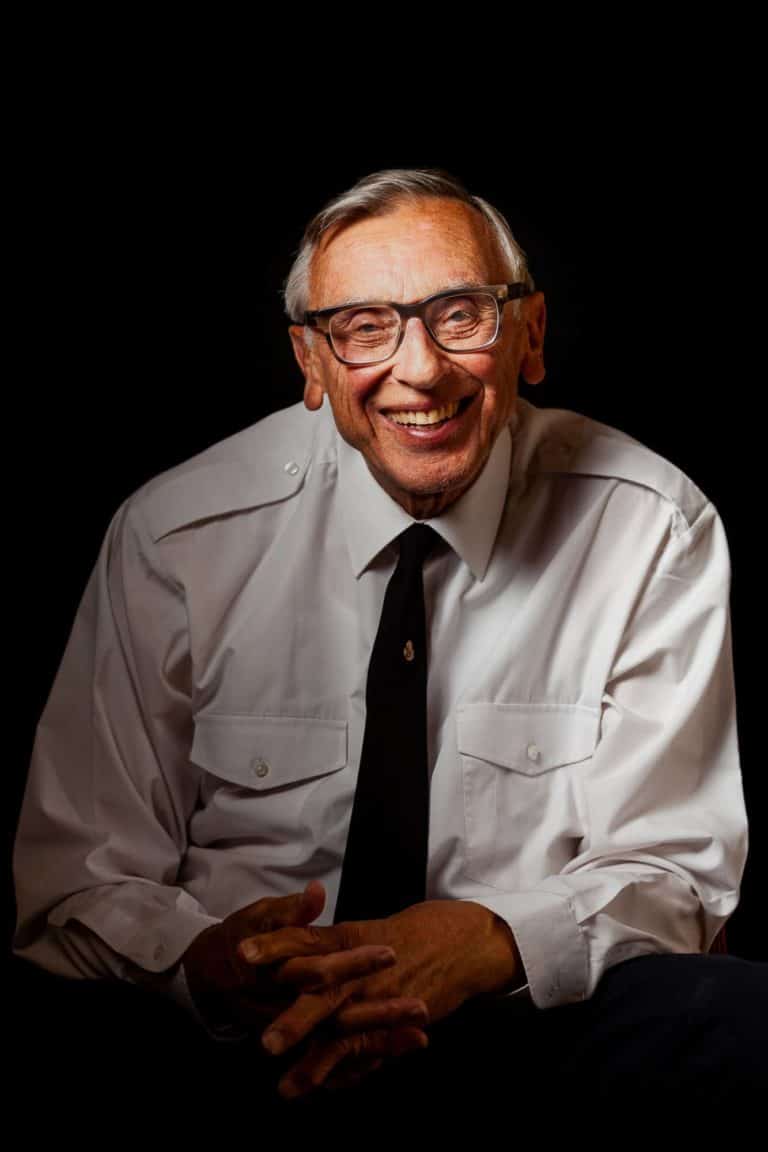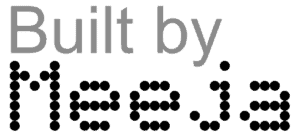Jim Roberts on Saving Lives at Sea
Lisa: Did your duties and responsibilities change when you became the Auxiliary in Charge?
Yes. I think the first thing that became immediately apparent was, ‘Oh dear, I’m responsible for everything’ and before you go along and do whatever you had to make a few suggestions, but if it all went wrong it wasn’t your problem. Then suddenly you get elevated and ‘Oh dear, it is all my problem and where do I go for help?’
There … you had to become very, very self-sufficient very, very quickly because there might not be any immediate help, there might not … might be occasions when you’ve got quite a major incident and it’s down to you what you do and, you know, this became apparent over the years.
I remember a particular incident down on the … in Seaview when we had a dead whale. A very large dead whale floating just off of Seaview and it was decided that it needed to be beached and disposed of. I think our colleagues at Ryde Rescue had the job of towing it ashore and I suddenly found myself in the position of ‘where do you want to put it Jim’? And you think, ‘hang on a minute’, there’s all sorts of problems with dead whales.
First of all, they carry lots of diseases especially around their air holes and things like that and they’re diseases that are quite well … infect the general public. ‘What are we going to do when we get it ashore?’
Well, it’s all got to be cut up and it’s got to be transported to wherever we’re going to bury it. When you bury it, you have to bury it at a certain depth and you have to get lime to go in the bottom of the pit to help it decompose. All these things rush through your mind and there’s somebody, you know, with a Lifeboat out there and this whale saying, “But where do you want us to do it?”
As it was, it was decided upon bringing this ashore by Puckpool Park which we had a nice bit of flat beach on and there is a position there where you can actually get lorries down onto the beach to …because, you know, a large whale, when you cut it up you’re talking about diggers, you know, three/five tonne lorries and big things like that to remove it. They’re absolutely huge things.
So, you know, there was all sorts of responsibilities that suddenly came flooding your way.







